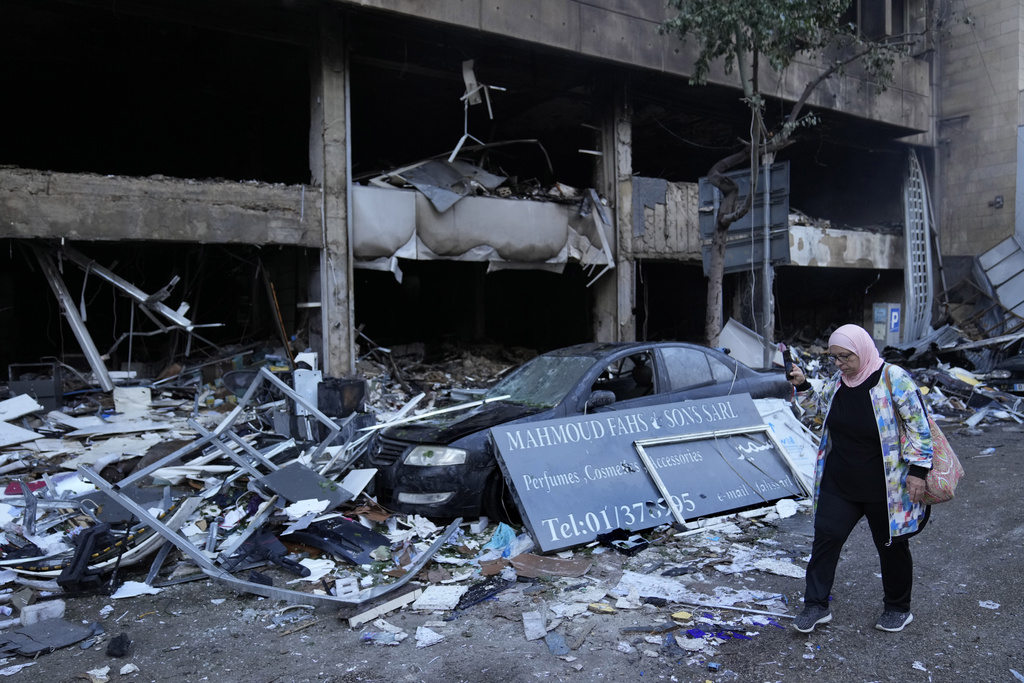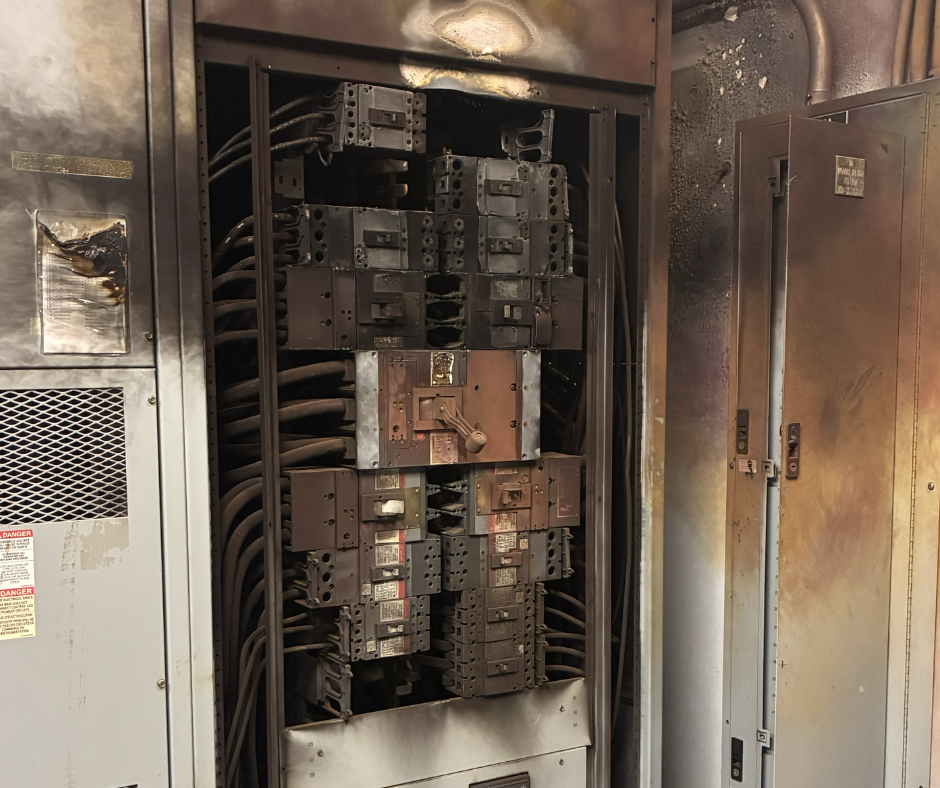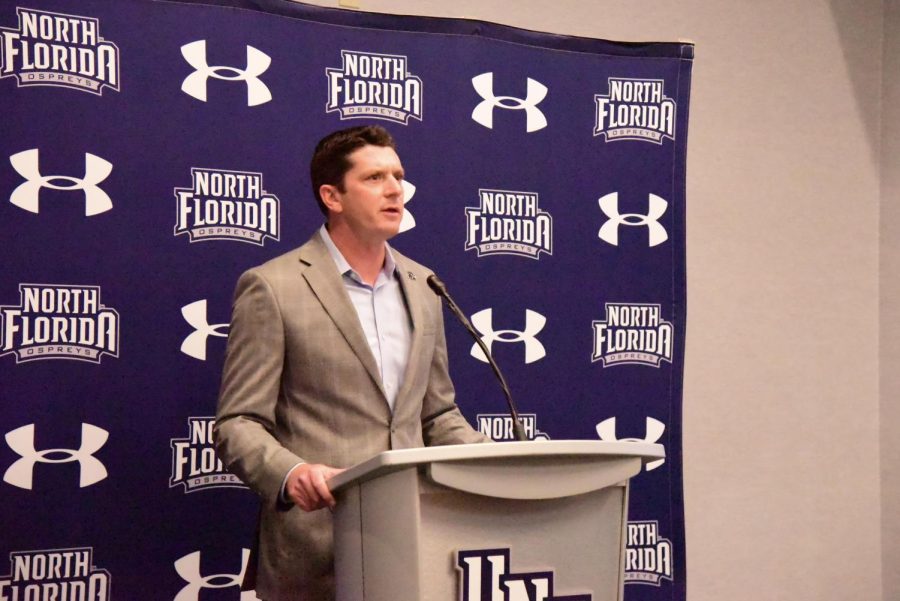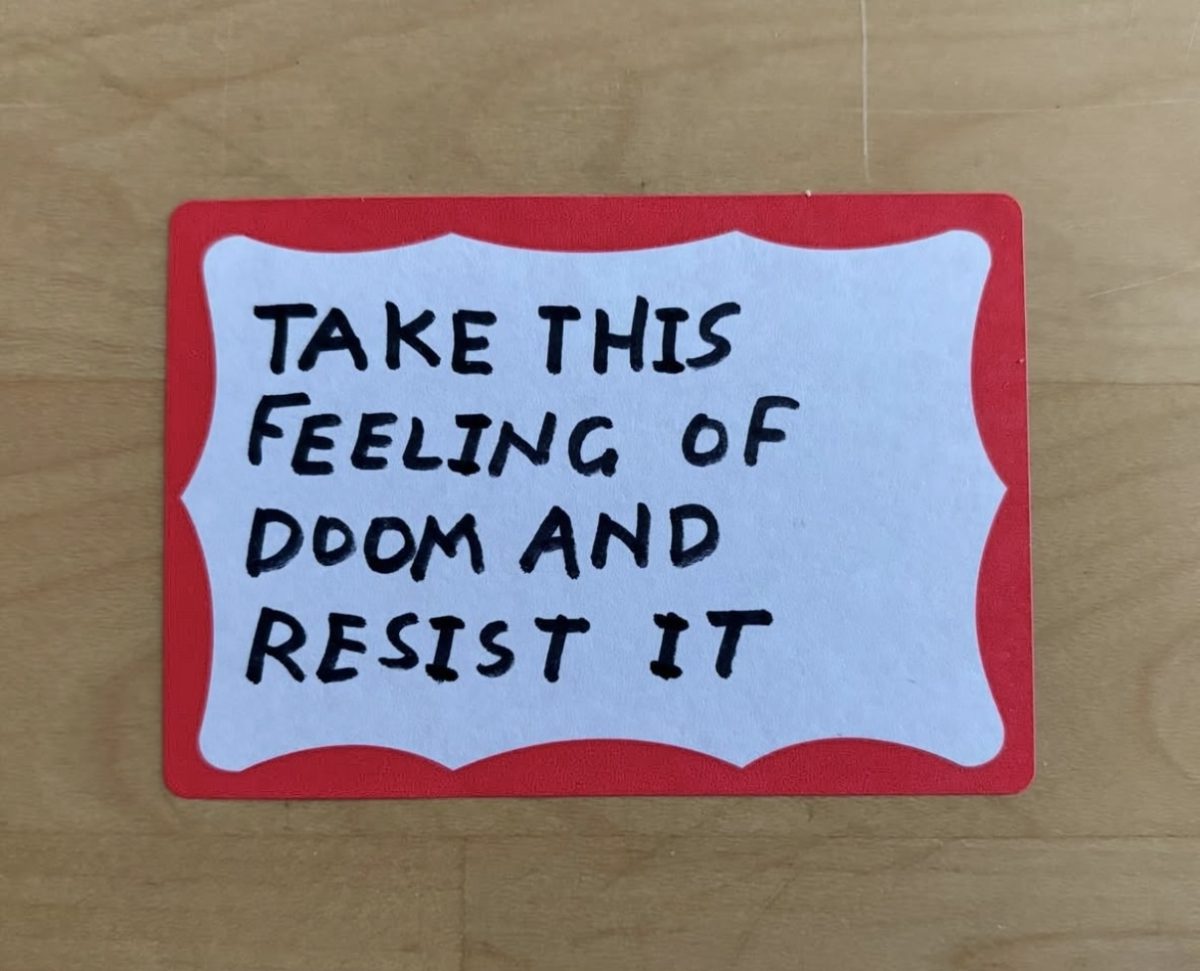This article expresses the views of its author(s), separate from those of this publication. Readers are encouraged to comment or submit a Letter to the Editor to share their opinions. To submit a Letter to the Editor, follow the instructions here.
International conflicts and economic shifts could reshape the educational landscapes and career prospects for U.S. college students.
The impacts of global issues on U.S. campuses extend further than what most students may think. In the past few weeks, North Korean troops have started training in Russia, Israel has conducted airstrikes in Iran, and Haitian gangs have fired shots at a UN helicopter.
These three major global events could all have tangible impacts on U.S. college students, both directly and indirectly. With global instability, there are economic and financial implications. With conflicts involving Iran and Russia, oil prices will be on the rise and could cause transportation and heating costs to inflate. This could have a trickle-down effect in the form of higher tuition, fees, or living expenses for college students. Worldwide economic instability can also create volatility in the U.S. job market.
Around 10,000 North Korean troops are being trained in Russia and could be deployed to Ukraine soon, according to the U.S. Department of Defense.
This not only risks escalating the Russia-Ukraine war, but also holds the potential to have significant implications for South Korea. After gaining advanced military training from Russia, Pyongyang could feel emboldened by the perceived support of global power and intensify its own military posture on the Korean Peninsula, causing a shift in the Northeast Asian power dynamics.
After Israel targeted Iran with airstrikes, Iran’s supreme leader, Ayatollah Ali Khamenei, threatened both the U.S. and Israel with “a crushing response,” according to AP News.
The possibility of Iran becoming more directly involved in the Middle Eastern wars holds significant dangers. This escalation could lead to the involvement of global powers, a larger humanitarian and refugee crisis and an intensification of nuclear concerns.
In Haiti, gangs opened fire and hit a UN helicopter at the end of October. Just a few months ago, there was a failed UN-backed mission led by Kenyan police to put an end to gang violence, who are currently controlling most of the capital. 700,000 people are now displaced, and thousands have been killed, according to AP News. The instability in Haiti raises national security concerns and increases intervention and regional migration pressures.
With increased global conflict, there are also psychological and social impacts to discuss. With news about potential escalations in global conflict, college students may feel heightened stress or anxiety about safety, security, and the future. This could be especially true for those with family or cultural ties to affected regions or for international students studying in the United States. Exposure to these issues can impact students’ perspectives on foreign policy, national security, and humanitarian issues. Discussions in the classroom, clubs, and online can lead to greater awareness and sensitivity to global issues, affecting how students view international relations and U.S. involvement in global affairs.
Learning about the impacts of these events could also lead to increased volunteerism and civic engagement among students. Seeing the crisis play out globally may inspire students to volunteer with organizations focused on humanitarian aid, immigrant rights, or refugee assistance.
For instance, students could engage with Haitian diaspora communities in the U.S. or support charities aiding civilians affected by gang violence. Students may also feel motivated to advocate for policies addressing these issues, such as pushing for reforms on refugee admissions, foreign aid, and diplomatic solutions to international conflicts. Some could even join or start student organizations focused on global peace, conflict resolution, and human rights advocacy.
Organizations making a difference:
- Center For Human Rights – Protects civil and human rights.
- The National Center For Victims of Crime – Dedicated to serving individuals, families, and communities affected by crime.
- Doctors Without Borders – Brings medical care to people affected by conflict, disasters, epidemics, and social exclusion.













